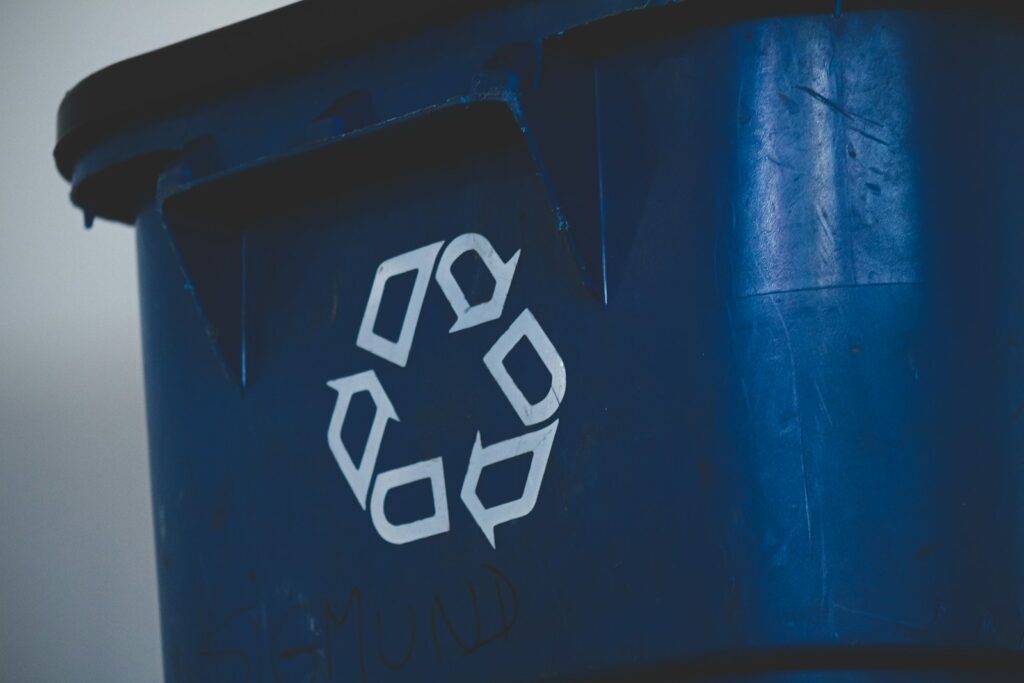Microplastic pollution has been found in some of Britain’s most iconic and remote rivers and lakes, new research by Bangor University and Friends of the Earth has found.
The study looked at ten sites, including lakes in the Lake District, waterways in the Loch Lomond and Trossachs National Park, a wetland and Welsh reservoir, and found microplastics in every one.
Researchers used a fluorescence lighting system and were able to identify and count microplastic pollutants per litre of water, such as plastic fragments, fibres and film.
The waterways surveyed (including pieces of plastic per litre of water) were:
- River Thames, London (84.1)
- Chester reedbed (7.6)
- Ullswater, Lake District (29.5)
- River Irwell, Salford, Greater Manchester (84.8)
- River Tame, Tameside, Greater Manchester (>1,000)
- River Blackwater, Essex (15.1)
- Falls of Dochart, Loch Lomond & Trossachs National Park (3.3)
- Loch Lomond, Loch Lomond & Trossachs National Park (2.4)
- Afon Cegin – river; North Wales (76.9)
- Llyn Cefni – reservoir; Anglesey, Wales (43.2 )
Friends of the Earth and Dr Christian Dunn say further work is now essential to fully investigate any health risks from microplastics – to humans and ecosystems – so that ‘safe’ levels can be decided.
Dr Dunn said: ‘It was more than a little startling to discover microplastics were present in even the most remote sites we tested, and quite depressing they were there in some of our country’s most iconic locations. I’m sure Wordsworth would not be happy to discover his beloved Ullswater in the Lake District was polluted with plastic.
‘These initial findings, from our team at Bangor University with Friends of the Earth, show that we have to start taking the issue of plastic in our inland waters seriously.’
Julian Kirby, plastics campaigner at Friends of the Earth said: ‘The widespread contamination of our rivers and lakes with microplastic pollution is a major concern, and people will understandably want to know what impact this could have on their health and environment.
‘Plastic pollution is everywhere – it’s been found in our rivers, our highest mountains and our deepest oceans.
‘MPs must get behind new legislation, currently before Parliament, that would commit the government to drastically reduce the flow of plastic pollution that’s blighting our environment.’
Last month it was revealed that microplastics have been found in the guts of every marine mammal washed up on Britain’s shores.
A separate study last month also claimed microplastic pollution was the ‘No1 threat’ to humankind due to the profound impact on people’s hormones it has once it enters the drinking supply, affecting blood pressure, fertility, immune systems and causing multiple diseases including cancer.
















